Natural ressources from conflict areas
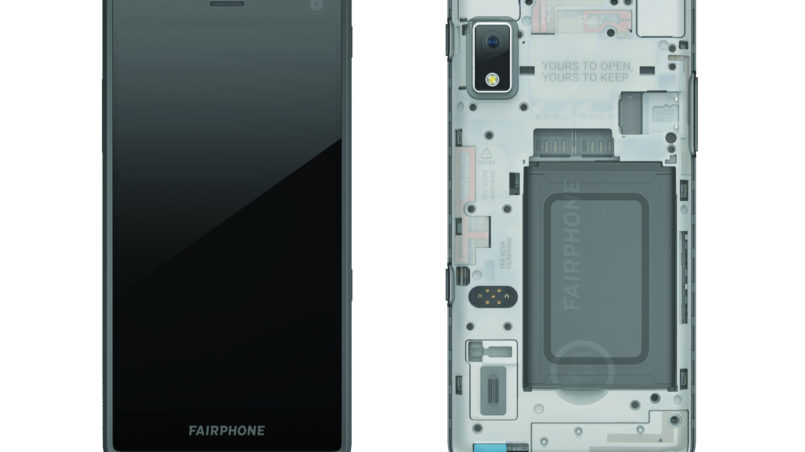
Event data
- Datum
- 29. 6. 2016
- Host
- Renner-Institut
- Location
- Depot, Breitegasse 8, 1070 Wien
- Event-type
- Podiumsdiskussion
Conflict minerals. A term which has gradually made its way into the media as well as the heads of many consumers, since the turn of the millenium – especially through reports about the conditions in the Congo and the involvement of international corporations in the ocurring clashes. The Renner Institute devoted a discussion evening in the Depot, with experts from politics, business and science, to this exciting topic.
At the beginning, Karin Küblböck summarizes the history of the Congo, one of the most resource-rich and simultaneously poorest countries in the world. From the slave trade, in whos course alone five million people were abducted from the Congo, to the time when the land used to be private property of the Belgian King Leopold (Which is considered to this day to be the time of the most brutal suppression even in colonial Africa), to the post-war period when the Congo was a venue of the Cold war and elected representatives such as Patrice Lumumba were demonstrably disempowered by foreign intelligence services and military coups. In the second Congo War 1998-2003, four million people died. The conflict minerals played a major role since they were used by the rebel groups to finance their war.
Certified trading chains, an initiative of the German BGR, has made it their goal to make the extraction of raw materials traceable. To this end, the geochemical fingerprint is used as well as complete traceability from the point of the extraction of natural resources being demanded. Other initiatives seek agreement similar to the Kimberley agreement for the diamond trade. The Due Diligence Guidelines of the OECD are aimed primarily at the supply chains of large corporations. The Section 1502 of the Dodd-Frank Act of 2012 requires international companies to prove, that any used raw materials that come from the Great Lakes region in Africa, are free of conflict. This can be achieved through a policy of due diligence forthe supply chain. This article was commonly utilized as a template for the EU regulation on conflict minerals currently in the process of passage. Since the Commission sought an agreement on a voluntary basis, but the European Parliament called for binding rules for all companies, a compromise presented by the European Council ultimately had to be agreed upon: Almost all upstream companies (ie companies whos field of business stretches from extraction to delivery of raw materials – except small businessis such as dentists) are under obligation to verify, where their minerals come from. And not just for the Lakes region, but for all of conflict areas world wide. Which regions are to be included, will be set and checked by a committee of experts. There will be a transitional period for the regulation. Furthermore, two years after taking effect, a monitoring is to be performed and the regulation along with the package of measures accompanying it, is to be adapted, in accordance with the “best practice” principle. Also to be reviewed at a later time, will be deliveries via transit countries (for example, Dubai). In Austria, five companies will be affected by the new regulation.
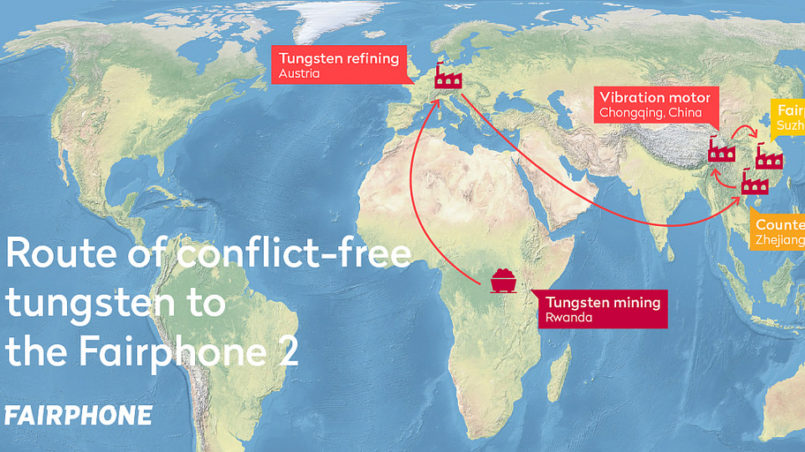
Why it is, that the Commission proposed a voluntary agreement, Beatrix Matousek-Horak , explains with the experiences from the Dodd-Frank Act: The rigorous review resulted in a de facto embargo of Lakes Region, as the company wanted to avoid the control effort. Thus, the conflict-free mines, too, were seriously affected.
The celebrity guest of the evening is undoubtedly Bibi Bleekemolen who describes how a campaign started in 2010 to draw attention to the suffering of the Congolese people, having invented the Fairphone for this purpose as a fictitious marketing device, developed towards a social enterprise with currently fifty employees, that produces mobile phones. 2013 it was launched as a crowdfunding project that was so successful that in the first month already, 10,000 orders came in. In total, within two years, Fairphone produced 60,000 phones. The second version, which has been for sale since the beginning of the year, and which is also available at T-Mobile Austria, had 40,000 pre-orders. Since it takes forty different materials to produce a cell phone, the product is not yet 100% fair, but the strive to achieve this goal in small steps is always present. There are now several conflict-free mines in Congo. The collaboration with the two Austrian companies AT+S and Wolfram-Bergbau (operating in Rwanda) is a piece of the puzzle towards a conflict-free final product. The transparency of the supply chain is as much in focus as the improvement of working conditions both for the miners, as well as for the workers in the Chinese factory that manufactures the Fair Phones. The latter are not supported with higher wages (as it would otherwise come to clashes within the factories with workers who get paid less by other mobile phone manufacturers), but with training courses on topics such as labor contract negociations or improvements in the private environment (food, housing etc). From the sale proceeds of the Fairphone , a worker welfare fund was established, whos expenditure the workers themselves decide upon.
While with the Fairphone One, a design submitted by the Chinese partner was chosen, and the focus was instead on the change / improvement of the supply chain, the new version is self-designed, as well. The due diligence is carried out both top-down (review of the supply chain or the chain of subcontractors) and bottom-up (what initiatives are available on site, how can they be supported). For finished parts that have to be purchased, there is no conflict-free supply chain yet – a project for the coming years. In terms of technology, the Fairphone is comparable to average types from other manufacturers – with the Dutch’s focus lying rather in the long durability and the modular structure (many parts can be replaced individually if they break) – according to Mrs. Bleekemolen, a rarity throughout the industry – which is not entirely true any more.
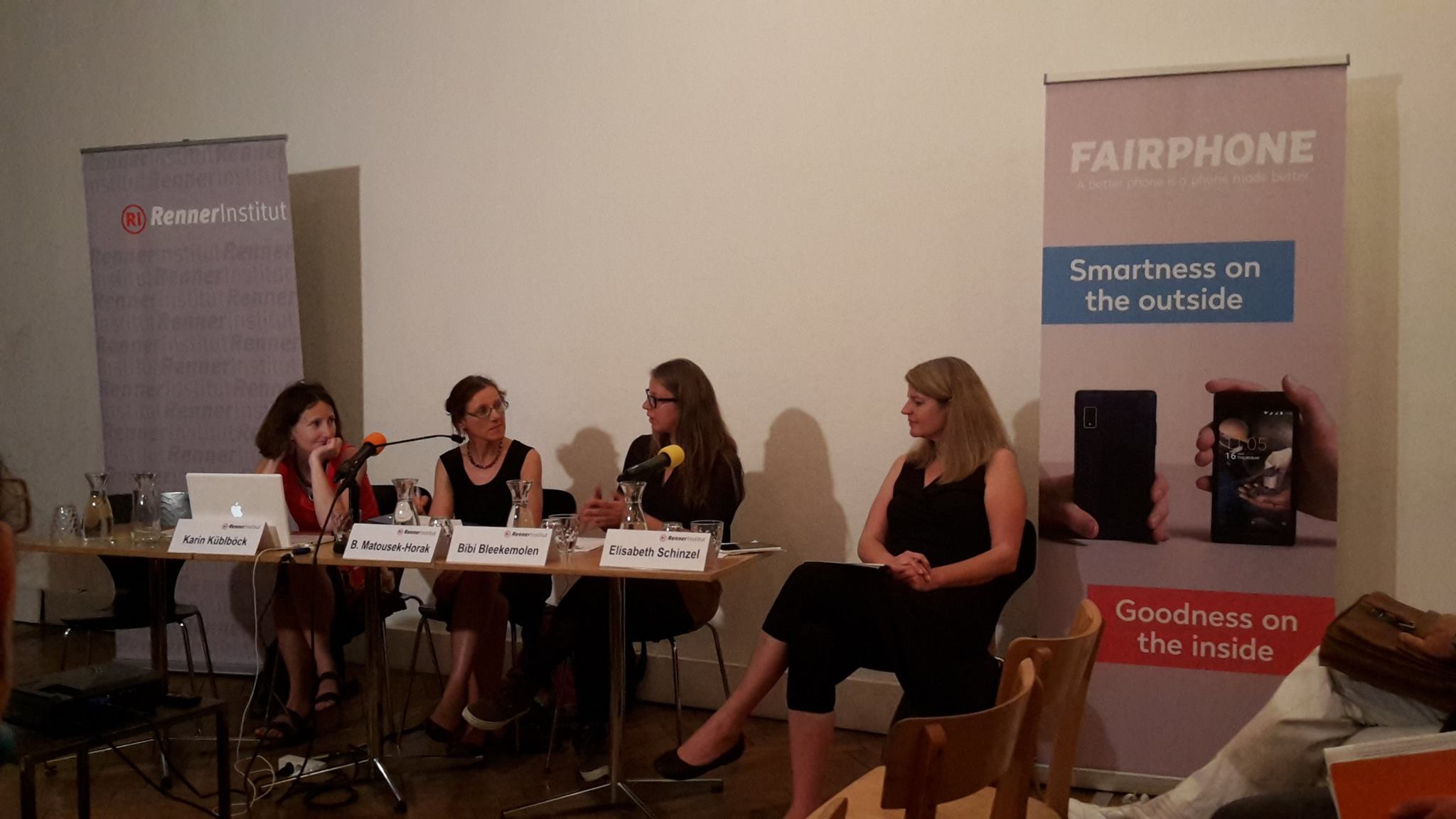
When asked whether less money has been percolating to the warlords since the Dodd-Frank Act, improvements in the main prospecting area of Katanga are cited, in inaccessible regions like Kivu however, little has changed yet. The majority of the mineral extraction is carried out by human hand. This small-scale mining is practically not regulated by any laws, which is why the people are very easy to blackmail. The state mines have been privatized. A law that was introduced under pressure from the World Bank, while protecting the interests of foreign donors, brought but no improvements for the small-scale mining. The hope that with this year’s elections there might be progress, is rather low, given the threat of arrest against the opposition leader.
What does conflict-free mean, concretely? The sales proceeds of minerals may not be used for conflict funding, no serious human rights violations can be known to transpire. Basically, it comes down to the corporate duty of care: As long as it is maintained and there is no conflicting information, the company is regarded as “clean”. The high-risk areas are indeed established by a group of experts, yet operators must still be and remain careful of their own accord, which means checking information and passing it on, if something about the situation in a mine changes. Control by independent organizations is still necessary – voluntariness works only in rare cases, as can be seen with the returnable bottles.
What else is happening at the legislative level? From 2017, large publicly traded companies that are active within the EU, must file a “non-financial statement”. This is required by the EU’s NFI-policy which, is currently in the implementation phase in Austria, where around 200 companies will be affected. Each new law to be passed in Austria, must reference the development objectives cited by the UN in its Agenda 2030, on its cover sheet, and represent the positive impact it has for achieving these objectives.
Translation from German: Serena Nebo
Credits
| Image | Title | Author | License |
|---|---|---|---|
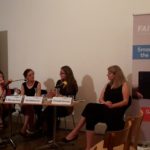 |
fairphone-titel | Christian Janisch | CC BY SA 4.0 |
 |
fairphone header | Fairphone | CC BY SA 2.0 |
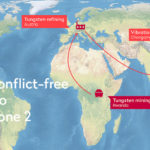 |
route of conflict free tungsten | Fairphone | CC BY SA 2.0 |
